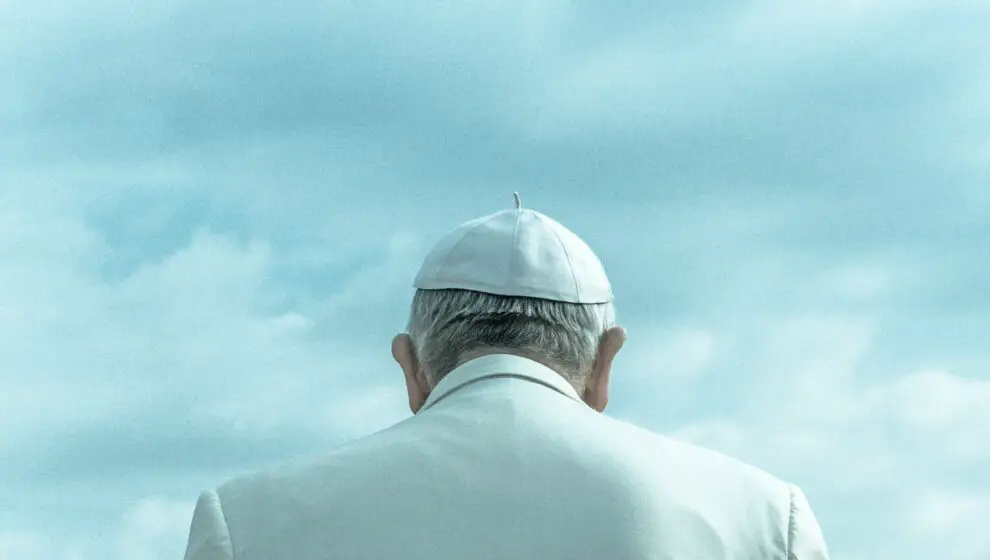Pope Francis, the highest figure in the Catholic Church, spoke this week on the importance of the responsible use of artificial intelligence (AI).
Key Details
- The Vatican announced on Tuesday that the next World Day of Peace of the Catholic Church would be themed “Artificial Intelligence and Peace,” which is set for New Year’s Day.
- In his public remarks, Pope Francis called for global reflection on the technology’s use, arguing that it can fuel “conflicts and antagonism” and has “disruptive possibilities and ambivalent effects.”
- He warned of the dangers of algorithmic bias, asking for vigilance “so that a logic of violence and discrimination does not take root in the production and use of such devices, at the expense of the most fragile and excluded.”
- Pope Francis says AI must be used in the “service of humanity” and say it can be used ethically in specific fields like education and law.
Why It’s News
The launch of ChatGPT on November 30, 2022, has sparked a technological revolution, with large tech companies and startups racing to be the first to have functional AI solutions on the market. This rapid surge sparked paranoia and fears among the general public, leading politicians, developers, and watchdogs to question the technology’s rapid adoption and the negative impacts it could have on society.
The 86-year-old Pope Francis is well known for not being computer adept and not knowing how to use a computer. However, he has praised social networking and new technologies as a “gift of God” that can benefit humanity if used wisely. The Vatican partnered with Microsoft and IBM in 2020 to promote ethical AI regulation and usage.
Backing Up A Bit
As we previously reported, thousands of scientists and business leaders released a signed letter last month to defend AI from claims that it will likely destroy the world. This followed an opposing letter in March from more than 1,100 scientists and researchers calling for a six-month pause in AI research amid fears that the technology could destroy the world, with signatories like Elon Musk, Steve Wozniak, Yuval Harari, and Andrew Yang.
Pope Francis was the curious subject of a sizable meme trend earlier this year, with thousands of relatively convincing deep faked AI-generated photos of him circling the internet, showing him wearing a Balenciaga Coat, eating food, playing the guitar, and scuba diving, Forbes notes.
